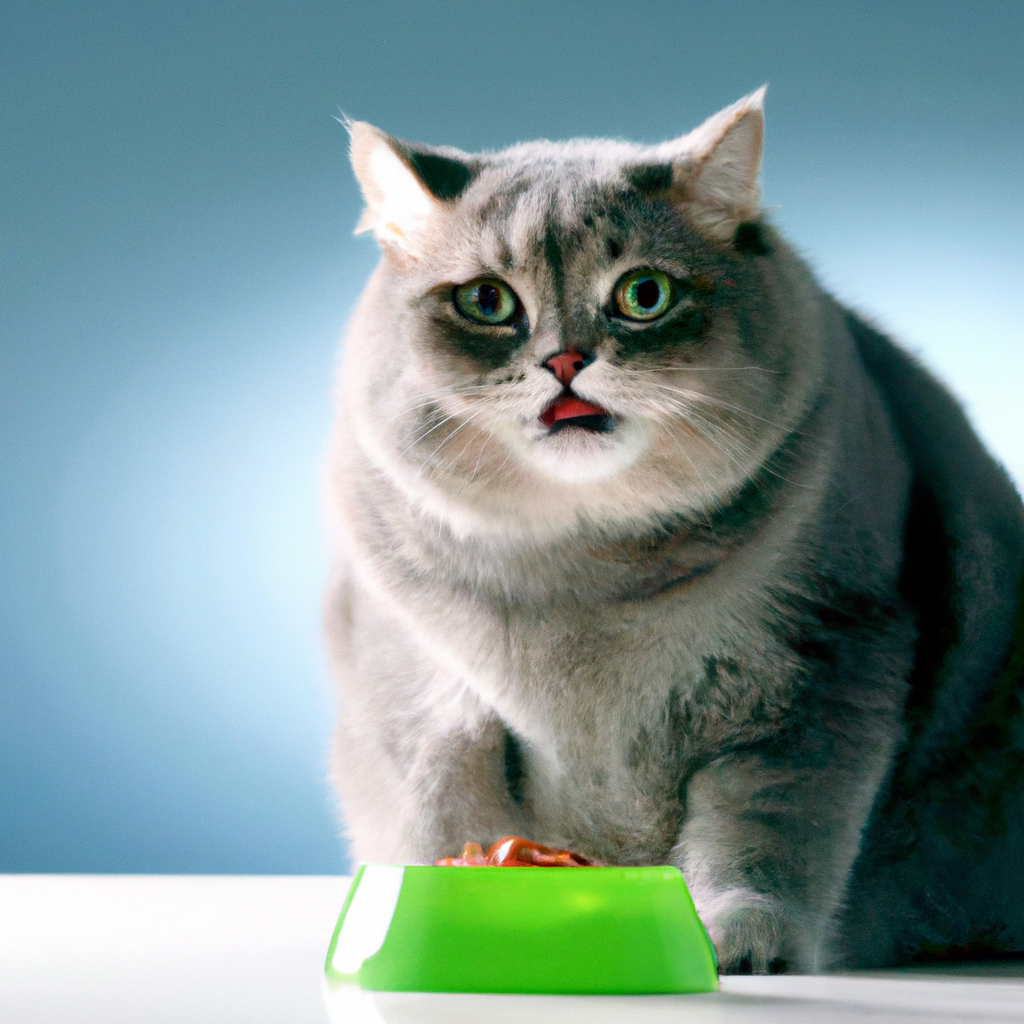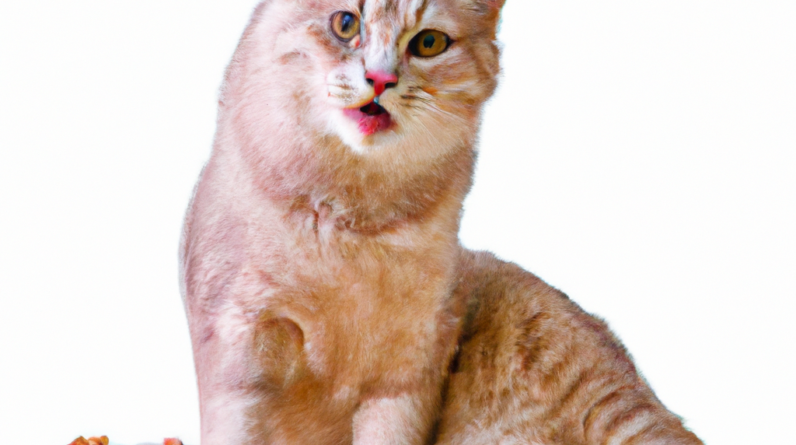
Feeding your cat is an essential part of being a responsible pet owner, but understanding the right frequency can be a perplexing task. To keep your feline friend happy and healthy, it’s crucial to establish a feeding routine that suits their specific needs. In this article, we will explore the factors to consider when determining how often to feed your cat, ensuring that you provide the optimum nutrition for their overall well-being. From their age and weight to their individual dietary requirements, let’s unravel the mystery behind establishing a feeding schedule that will keep your beloved cat purring with contentment.
Table of Contents
Types of cat food
When it comes to feeding your cat, there are several options to choose from. The three main types of cat food are dry cat food, canned cat food, and semi-moist cat food. Each type has its own advantages and considerations to keep in mind.
Dry cat food
Dry cat food, also known as kibble, is the most common and convenient type of cat food. It is widely available and easy to store. Dry cat food has a longer shelf life compared to other types, making it a convenient choice for busy pet owners. Additionally, it helps promote dental health by reducing the buildup of plaque and tartar.
However, it is important to note that some cats may not drink enough water when eating dry cat food, which can lead to dehydration. It is crucial to provide fresh water at all times, especially when feeding your cat dry food.
Canned cat food
Canned cat food, also known as wet food, is a popular choice among cat owners. It has a higher moisture content, which can help prevent urinary tract problems and ensure proper hydration. Canned cat food is often more palatable to cats and comes in a variety of flavors and textures.
One downside of canned cat food is that it needs to be refrigerated after opening and has a shorter shelf life compared to dry cat food. It may also be more expensive than dry food. However, the health benefits and appeal to picky eaters make it a great option for many cats.
Semi-moist cat food
Semi-moist cat food is a less common type of cat food. It typically comes in individual packages and has a soft, chewy texture. Some cats enjoy the taste and texture of semi-moist food, making it a good option for finicky eaters.
However, it is important to note that semi-moist cat food often contains more artificial preservatives and additives compared to other types. Additionally, it can be more expensive than both dry and canned cat food options. It is best to consult with your veterinarian before making it a regular part of your cat’s diet.
Factors to consider
When determining the best cat food for your furry friend, there are several factors to consider. These factors can help you make an informed decision and ensure that your cat’s nutritional needs are met.
Age of the cat
The age of your cat plays a significant role in determining the type of food and feeding schedule that is suitable. Kittens require a higher amount of calories, protein, and essential nutrients to support their growth and development. On the other hand, senior cats may have different dietary needs to support their aging bodies.
Health condition
If your cat has any specific health conditions or dietary restrictions, it is crucial to choose a cat food that addresses these needs. For example, cats with urinary tract problems may benefit from a diet that supports urinary health. It is important to consult with your veterinarian for specific dietary recommendations based on your cat’s health condition.
Activity level
The activity level of your cat is another important factor to consider when deciding on the right cat food. Cats with high energy levels or outdoor access may require a higher calorie intake to meet their energy requirements. On the other hand, less active cats may need a lower calorie intake to prevent weight gain.
Weight management
Maintaining a healthy weight is crucial for a cat’s overall health and wellbeing. Obesity is a common issue among cats and can lead to various health problems. Choosing a cat food that supports weight management, such as a controlled portion size or a formula designed for weight loss, can help prevent obesity and maintain a healthy weight.
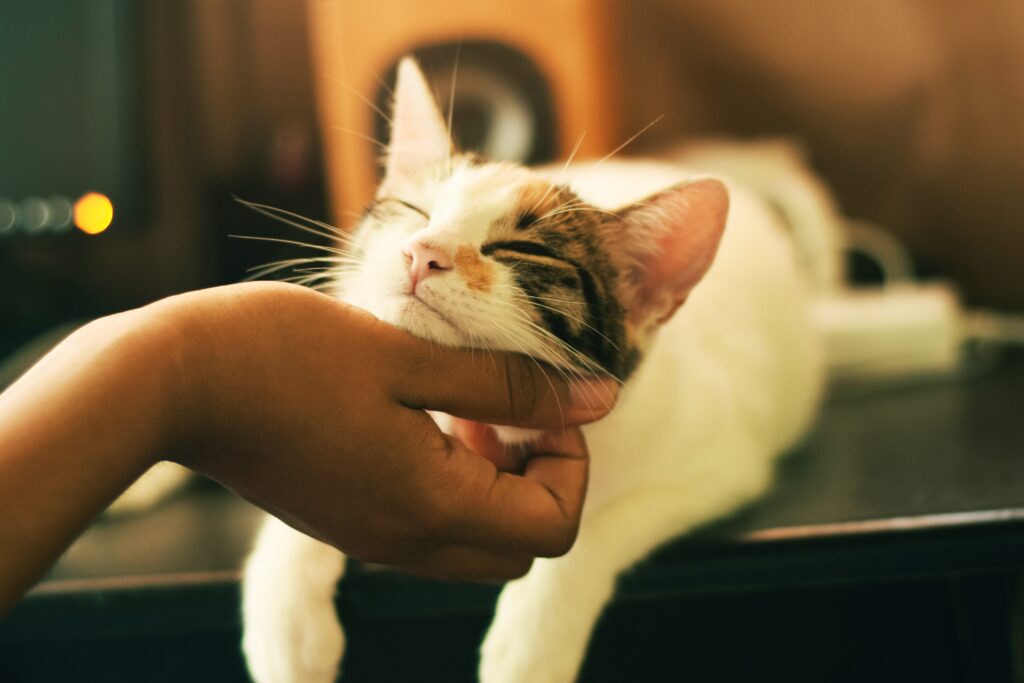
Feeding schedules for different age groups
The feeding schedule for your cat will vary depending on their age. Kittens, adult cats, and senior cats have different nutritional needs at each stage of their lives. By following appropriate feeding schedules, you can ensure that your cat receives the necessary nutrients and grows and ages healthily.
Kittens (up to 6 months)
Kittens have high energy requirements due to their rapid growth and development. They should be fed multiple small meals throughout the day to meet their nutritional needs. Ideally, kittens should be fed 3 to 4 meals a day until they reach 6 months of age.
Adult cats (6 months to 7 years)
Once your cat reaches 6 months of age, you can transition to a feeding schedule of two meals per day. This is the standard recommendation for adult cats. However, keep in mind that some cats may prefer smaller, more frequent meals. It is important to monitor their weight and adjust portion sizes accordingly.
Senior cats (7 years and older)
Senior cats have specific nutritional requirements as they age. They may benefit from a feeding schedule that includes smaller, more frequent meals to aid digestion. It is important to consult with your veterinarian for specific recommendations tailored to your senior cat’s needs.
Feeding tips for kittens
If you have a kitten, there are several feeding tips to keep in mind to ensure they receive the necessary nutrients and grow up healthy.
Divide meals into frequent small portions
Kittens have small stomachs and high energy requirements, so it is important to divide their meals into multiple small portions throughout the day. This helps prevent overeating and ensures that they receive a steady supply of nutrients.
Gradual transition to solid food
Kittens usually start their lives by nursing from their mother, but eventually, they need to transition to solid food. It is important to introduce solid food gradually, starting with soft and easily digestible options. Gradually mix the solid food with formula or their preferred wet food, and slowly increase the proportion of solid food over time.
Monitor their weight and adjust accordingly
Monitoring your kitten’s weight is essential to ensure they are growing properly. If you notice rapid weight gain or loss, it may be necessary to adjust the portion sizes or consult with your veterinarian for further guidance.
Provide fresh water at all times
It is crucial to provide fresh water to your kitten at all times, especially if they are eating dry cat food. This helps prevent dehydration and ensures their overall health and well-being.
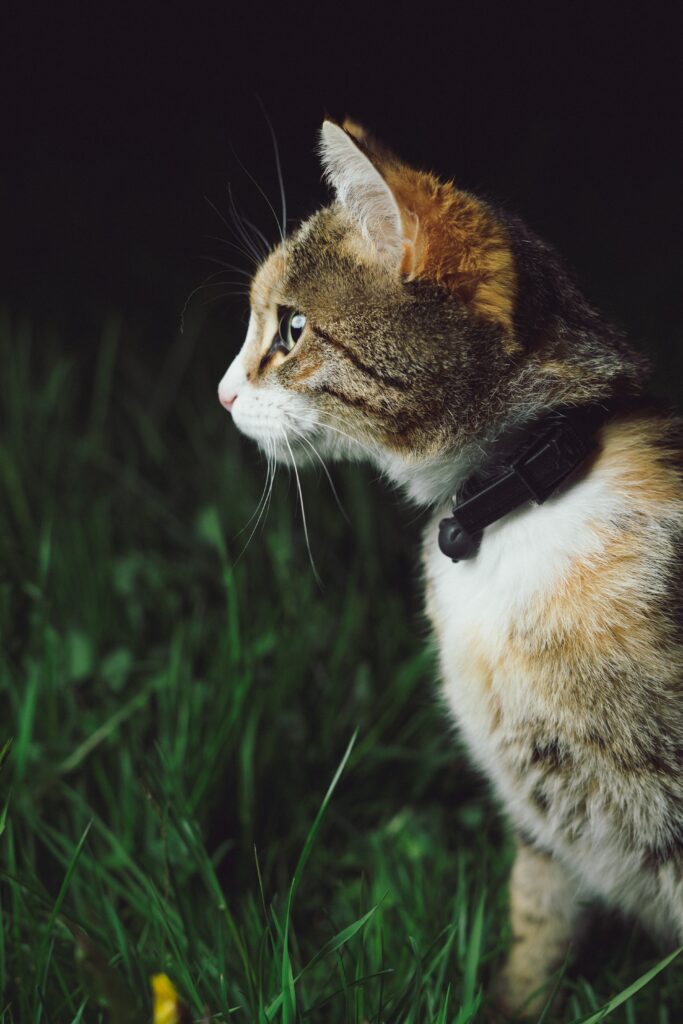
Feeding tips for adult cats
Once your cat reaches adulthood, establishing a consistent feeding routine is important to maintain their overall health. Here are some feeding tips for adult cats:
Establish a consistent feeding schedule
Adult cats thrive on routine, so it is important to establish a consistent feeding schedule. Feed your cat at the same times each day, and try to stick to a regular routine to prevent any confusion or anxiety.
Control portion sizes to prevent overeating
To prevent overeating and weight gain, it is important to control portion sizes. Follow the feeding guidelines provided by the cat food manufacturer and monitor your cat’s weight regularly. Adjust the portion sizes if necessary.
Avoid free-feeding
Free-feeding, where food is made available all day, can lead to overeating and obesity. It is best to offer measured meals rather than leaving food out all the time. This helps maintain portion control and prevents excessive calorie intake.
Consider feeding puzzles or interactive toys for mental stimulation
To keep your adult cat mentally stimulated during mealtime, consider using feeding puzzles or interactive toys. These can provide mental and physical stimulation, promoting a healthy and enriching feeding experience.
Feeding tips for senior cats
As your cat ages, their nutritional needs may change. Here are some feeding tips to consider for senior cats:
Consider senior cat food formulas
Senior cat food formulas are specifically designed to meet the changing nutritional requirements of aging cats. These formulas often have lower calorie content to help manage weight and may contain ingredients that support joint health.
Adapt to any specific health conditions
Senior cats may have specific health conditions that require dietary adjustments. If your cat has any health concerns, such as kidney disease or dental issues, consult with your veterinarian for appropriate dietary recommendations and any necessary modifications.
Monitor their weight and adjust accordingly
Weight management becomes even more crucial for senior cats. Regularly monitor your cat’s weight and body condition. If your cat is gaining or losing weight, consult with your veterinarian to determine the appropriate portion sizes or potential dietary changes.
Provide easy access to food and water bowls
As cats age, their mobility may decrease. Ensure that your senior cat has easy access to their food and water bowls by placing them in easily accessible locations. Consider providing raised bowls to make mealtime more comfortable for your older feline friend.
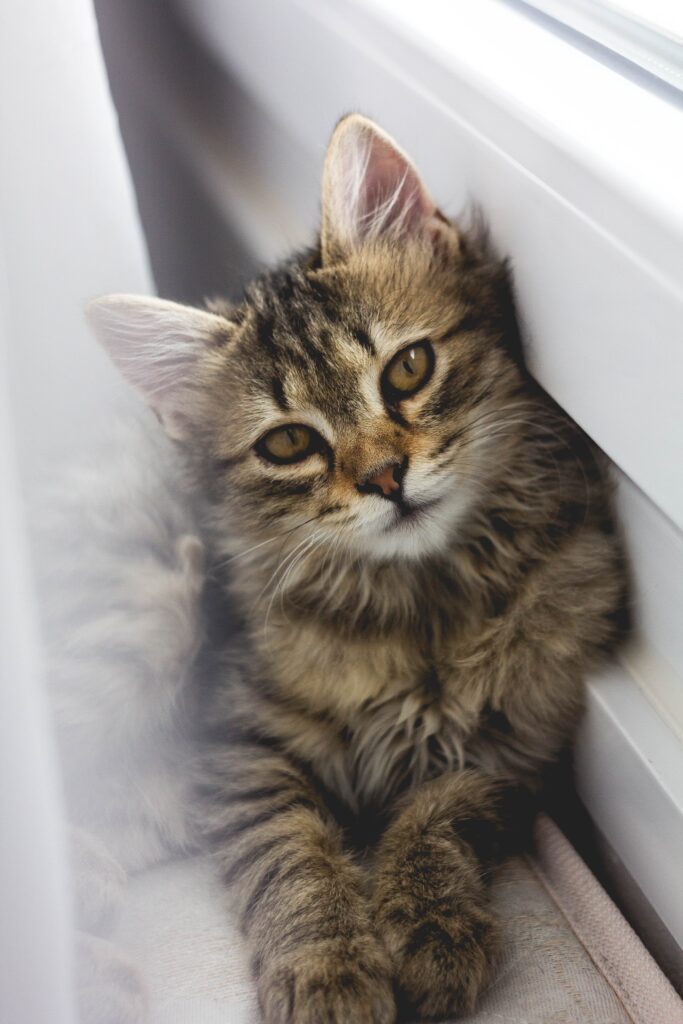
Indications of hunger or overfeeding
Understanding your cat’s hunger cues and being able to recognize signs of overfeeding is essential for maintaining their health. Here are some indications to look out for:
Excessive meowing or begging for food
If your cat is constantly meowing or begging for food, it may be a sign that they are hungry or not getting enough to eat. However, it is important to consider other factors, such as boredom or attention-seeking behavior, before responding solely to their demands.
Weight gain or obesity
Unintentional weight gain or obesity can be a result of overfeeding. Regularly monitor your cat’s weight and body condition to ensure they are maintaining a healthy weight. If needed, consult with your veterinarian for guidance on portion sizes and feeding strategies.
Food aggression or excessive food guarding
Food aggression or excessive food guarding may indicate that your cat is not receiving enough food or has anxiety around feeding time. If your cat displays these behaviors, it is important to address any underlying issues and consult with a veterinarian or a certified animal behaviorist for appropriate guidance.
Lack of interest in food
A sudden lack of interest in food can be a sign of various health issues or an indicator of overfeeding. If your cat consistently refuses food or shows a lack of appetite, it is crucial to consult with your veterinarian to rule out any medical concerns.
Common feeding mistakes to avoid
To ensure the health and well-being of your cat, it is important to avoid common feeding mistakes. These mistakes can have a negative impact on your cat’s nutrition and overall health. Here are some common feeding mistakes to avoid:
Overfeeding
Overfeeding can lead to weight gain, obesity, and various health issues. It is crucial to follow the recommended portion sizes and monitor your cat’s weight to prevent overfeeding.
Inconsistency in feeding schedule
Inconsistency in feeding schedules can disrupt your cat’s routine and lead to confusion or anxiety. Establish a consistent feeding schedule and try to stick to it as much as possible.
Feeding human food or inappropriate treats
Feeding your cat human food or inappropriate treats can lead to nutritional imbalances and potential health problems. Many human foods can be toxic to cats, so it is best to stick to cat-specific foods and treats recommended by veterinarians.
Neglecting dental health
Dental health is important for cats, and neglecting it can lead to various dental issues. Provide dental-friendly cat foods or consider regular teeth brushing to maintain your cat’s oral health.
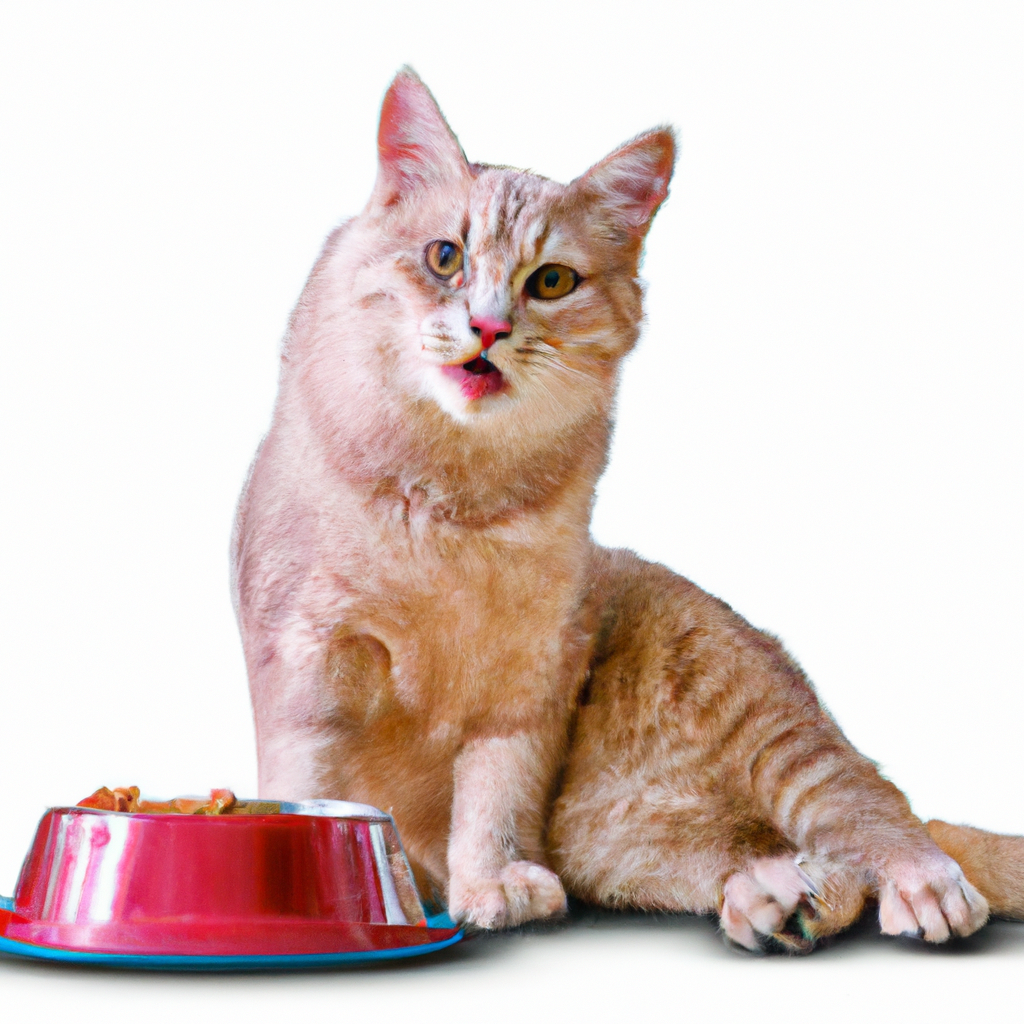
Importance of regular veterinary check-ups
Regular veterinary check-ups play a crucial role in ensuring your cat’s overall health and well-being. When it comes to feeding, these check-ups can provide valuable insights and guidance. Here are some reasons why regular veterinary check-ups are important:
Nutritional assessment
Veterinary check-ups allow for a nutritional assessment of your cat. Your veterinarian can evaluate your cat’s body condition, weight, and dietary needs, and provide recommendations specific to your cat’s health and lifestyle.
Weight monitoring
Regularly monitoring your cat’s weight is important to prevent obesity and identify any sudden weight changes. Your veterinarian can track your cat’s weight over time and provide recommendations for adjustments in feeding portions or diet, if necessary.
Addressing any feeding concerns
If you have any concerns or questions about your cat’s feeding habits, a veterinary check-up is the perfect opportunity to address them. Your veterinarian can provide guidance on feeding strategies, portion control, or any other concerns you may have.
Updating feeding recommendations
As your cat ages or experiences changes in health, their feeding requirements may change. Regular veterinary check-ups allow for updated feeding recommendations based on your cat’s specific needs.
Conclusion
Feeding your cat the right type of food, in the right amounts and at the right times, is essential for their overall health and well-being. Understanding the different types of cat food, considering factors such as age, health condition, activity level, and weight management, and following appropriate feeding schedules can ensure that your cat receives a balanced diet.
Whether you have a playful kitten, an energetic adult cat, or a wise senior cat, tailoring their feeding routine to their specific needs is key. And remember, when it comes to your cat’s diet, always consult with a veterinarian for personalized advice. With the right approach to feeding, you can help your cat live a long and healthy life.
